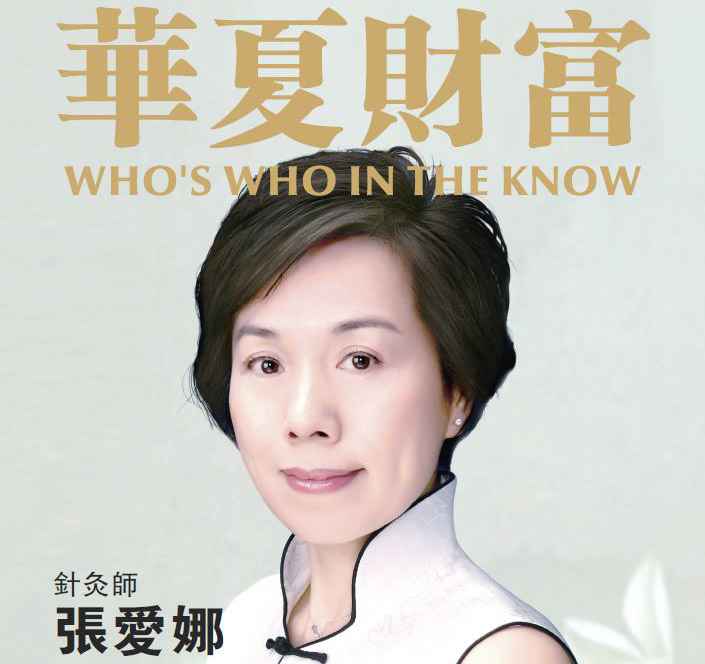The safe practice of acupuncture and herbal medicine has been continually documented over many centuries. Reports of adverse reactions to acupuncture & herbal medicine are extremely rare in clinical practice. Most reported accidents and infections to organs or tissues appear to be related to violations of sterile procedure, negligence of the practitioner, or both.
Studies prove safety of acupunture & tcm
A systematic review of case reports on the safety of acupuncture, involving 98 papers published in the English language from 22 countries during the period from 1965 to 1999, found only 202 incidents. The number of incidents appeared to decline as training standards and licensing requirements were enhanced. Very few hepatitis or other infections associated with acupuncture have been reported since 1988, when widespread use of disposable needles was introduced and national certification requirements for clean needle techniques were developed and enforced as an acupuncture licensing requirement.
For cancer patients, and other patients with a compromised immuno system, extra precautions must be taken and strict clean needle techniques must be applied when acupuncture treatment is given.
Minor adverse effects of acupuncture, such as pain at needling sites, hematoma, tiredness, lightheadedness, drowsiness, and localized skin irritation, have been reported. These minor adverse effects can be minimized by appropriate patient management, including local pressing and massage at the needling site after treatment.
Safety compared with other treatments
Commenting on the relative safety of acupuncture compared with other treatments, the NIH (National Health Institute of USA) consensus panel stated that “(a)dverse side effects of acupuncture are extremely low and often lower than conventional treatments.” They also stated:
- “…the incidence of adverse effects is substantially lower than that of many drugs or other accepted medical procedures used for the same condition. For example, musculoskeletal conditions, such as fibromyalgia, myofascial pain, and tennis elbow… are conditions for which acupuncture may be beneficial. These painful conditions are often treated with, among other things, anti-inflammatory medications (aspirin, ibuprofen, etc.) or with steroid injections. Both medical interventions have a potential for deleterious side effects but are still widely used and are considered acceptable treatments.”








